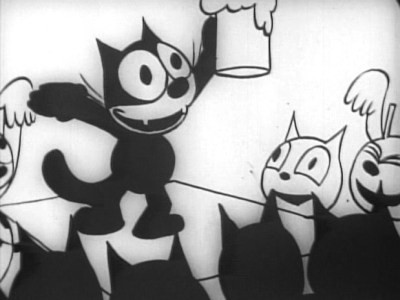
Literary & Historical Utopias:
presentation option
“Discussion-Starter” for reading assignment
![]()
PowerPoint presentations (and other such programs) are discouraged. If you prefer to use PowerPoint (etc.), use only for materials not available on course website (e.g., cues to course website, notes, your questions, or summaries of your answers).
![]() Do not copy and paste materials from course website into
PowerPoint. Go directly to course website for materials.
Do not copy and paste materials from course website into
PowerPoint. Go directly to course website for materials.
Student location: Student may work up-front or remain seated (If seated, instructor can help with computer-projector.)
Length: 8-12 minutes for presentation; Discussion may continue indefinitely. Consider interspersing discussion with presentation.
![]()
-
Identify idea, theme, problem, or issue in the reading assignment and relate to a course objective
-
Direct seminar to to 1-2 brief passages (page numbers) in day's texts. Read selections, briefly commenting on application to opening theme or course objective.
-
(Order of first two steps may be reversed.)
-
Ask a question or questions to begin discussion. The question should follow from your reading, but it may also appeal more broadly to the challenges that the text may present to the class. You may also refer to other class readings.
-
Lead discussion. Ask follow-up questions, or restate original question. Sometimes it's good to start with several questions at once.
-
At some point, presenter must pose at least one of the instructor's Discussion Questions on homepage, or at least refer directly to a Course Objective.
![]()
Alternative approach: if you're struggling with the day's reading assignment or connecting it to the seminar's themes or objectives. consider . . .
1. Review difficulties with the reading (often shared by class)—what interests or knowledge does the author assume, and what are your interests instead?
2. Locate some parts you liked or nearly liked—what are they offering that you want more of?
3. What ideas or conclusions about utopian texts may be ventured? How does a literature of ideas differ from or meet a Literature of Pleasure?
Or some combination of these approaches—your purpose is to connect what you and fellow students want to discuss with the larger purposes of the seminar, so find a way to start.
